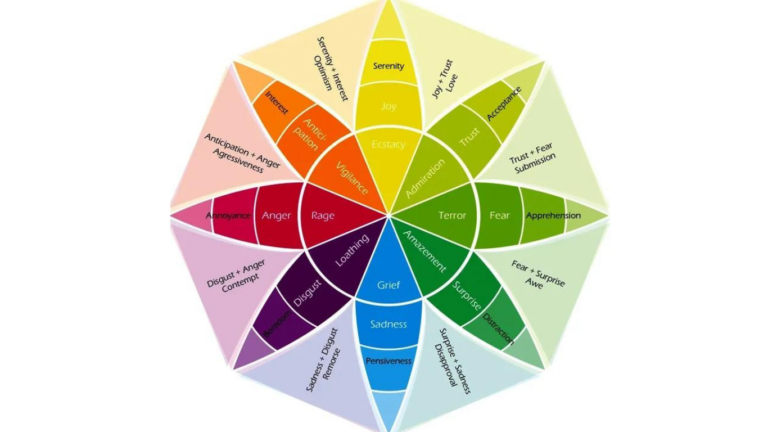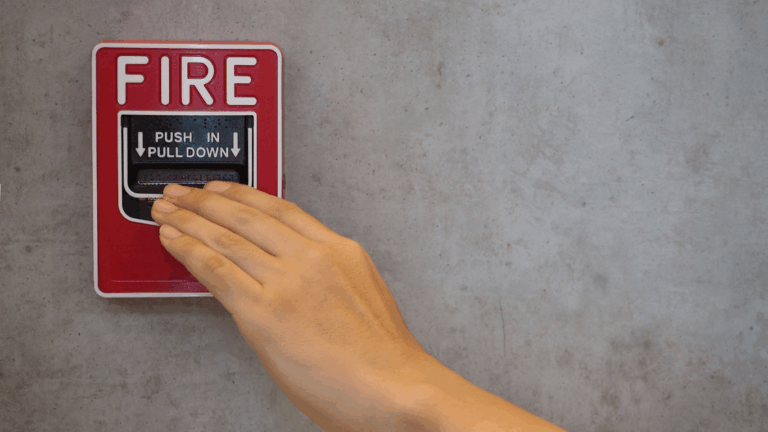Self-care is extremely popular these days for good reason. In the 1970s and 1980s, self-care was not part of my vocabulary. Like many of us back then, I was taught to take care of everyone else first. Taking care of others is good, but not when we jeopardize our well-being.

Self-Care As Opposed To Being Selfish
Self-care does not mean self-indulgence or selfishness. It means caring for yourself first, so you are healthy enough to help others, do your job, and meet your needs. When we feel good in our lives, we are much better equipped to be helpful in the world.
TMS stands for Tension Myositis Syndrome, which is chronic pain where there is no physical injury. It can also be called Neuroplastic Pain or Mind-Body Syndrome. There is a miscommunication in our brains, and sometimes, our brain causes pain where there is no injury. It may sound bold of me to name Self-Care as the cure for TMS, but in my opinion, it is.
Self-Care and Our Critical Voice
As children, many of us did not learn to attend to ourselves, to allow ourselves to feel and express our feelings in a healthy way, to talk kindly to ourselves, to be our best friend, and this is really what I am talking about.
How can we be happy in our world and lives when we are critical of ourselves and pressuring ourselves all day? Emotionally healthy people do not do this. They attend to themselves first and have the energy to tend to others. They are not running on empty.
Many of us with TMS have been running on empty for years because we have not practiced self-care. So, in my opinion, learning self-care is the cure. I’m not saying this is easy; it takes time to learn new patterns, but eventually, we will feel healthier and fulfilled in our lives.
Self-care vs. Fear and Hypervigilance
I live in Colorado, and through my long road with chronic pain, I have compared this journey to the wildfires burning through the West for the last several years. Wildfires are not such a bad thing if they don’t burn down our homes and cities and take lives.
The soil gets richer, making it easier for new plants to grow and eliminating the dead ones. Insect infestation can be decreased. But overall, wildfires are destructive, and we would prefer not to have them.
TMS is about fear. When we get in the habit of living from a place of fear instead of ease, we become hypervigilant. When we are hypervigilant, our brains sometimes send danger signals, which results in pain. Pain is a danger signal from living a life of hypervigilance, people-pleasing, perfectionism, worrying, and anxiety instead of a balanced life of self-care.
Nobody would choose to live with TMS, but walking through it can enhance our lives. It inspires us to learn about ourselves, dig deep into our fear, and understand why we have lived a life of hypervigilance. We learn to have compassion for ourselves and live a little easier and more gently.
We learn that we are human—there is no need for shame. We start to cut ourselves some slack and put less pressure on ourselves. We learn not only how to live without chronic pain but also how to heal our relationships and our lives. These are all forms of self-care.
5 Ways to Improve Your Self-Care
So, where do we start? Our old patterns die hard. This process takes time, practice, and repetition, but it’s very possible. I’ve done it, and I believe you can, too. Below are five ways I was able to start putting this process into practice.
Below are five ways to break free from your old patterns of running on automatic and using old ways that no longer work for you. They are simple but not easy.
Changing old patterns takes effort and conscious choice, and these five steps will help you make better choices consciously so you feel better and can have a fulfilling, pain-free life.
- Pause
- Take a Deep Breath
- Notice
- Ask “How Can I Help Myself?”
- Choose A Better Way
Pause
To change a pattern, you must pause or stop. Pausing gets you out of your head, which is the first step. It helps you become aware instead of being on autopilot and brings you back to the moment. If you have to tell yourself out loud to pause, do it.
Taking a Deep Breath
Taking a deep breath will help your nervous system slow down. It will help you feel calmer so that you can attend to yourself and notice your thoughts, feelings, and sensations. Focusing on your breathing is the number one way people meditate.
Breathing helps us get out of our heads or focus on our breath instead of our thoughts so we can notice how we are feeling and attend to ourselves.
Notice
Noticing or becoming curious about your thoughts and feelings takes you out of fear. Noticing is the antidote to fear. You are now “The Watcher.” Noticing or watching is like zooming out to see the bigger picture more clearly.
How Can I Help Myself?
Now that you are attending to yourself by pausing, breathing, and noticing, ask yourself, “How can I help myself?” You are now in a place where you have choices rather than reacting in the same ways that have led to pain in the past. You can now choose a better way. You can respond instead of react.
Chose A Better Way
Now, you can choose a better way rather than the old way. It may be journaling, talking lovingly to yourself, feeling compassion for yourself, sitting there, being present and enjoying the moment, or setting a boundary with a loved one.
Whatever you choose, choose what YOU need to feel good in the world, and over time, your life will begin to transform.
We would prefer not to have wildfires that can bring new life to our forests, as we would like to live without chronic pain, but in the same way a wildfire can enrich a forest, TMS can enrich our lives.
Being pain-free is not the goal. Self-care is the goal: living lighter, living more peacefully, and living compassionately and courageously.
For Pain Recovery Coaching, fill out our contact form, text 303-250-4275, or email [email protected].






